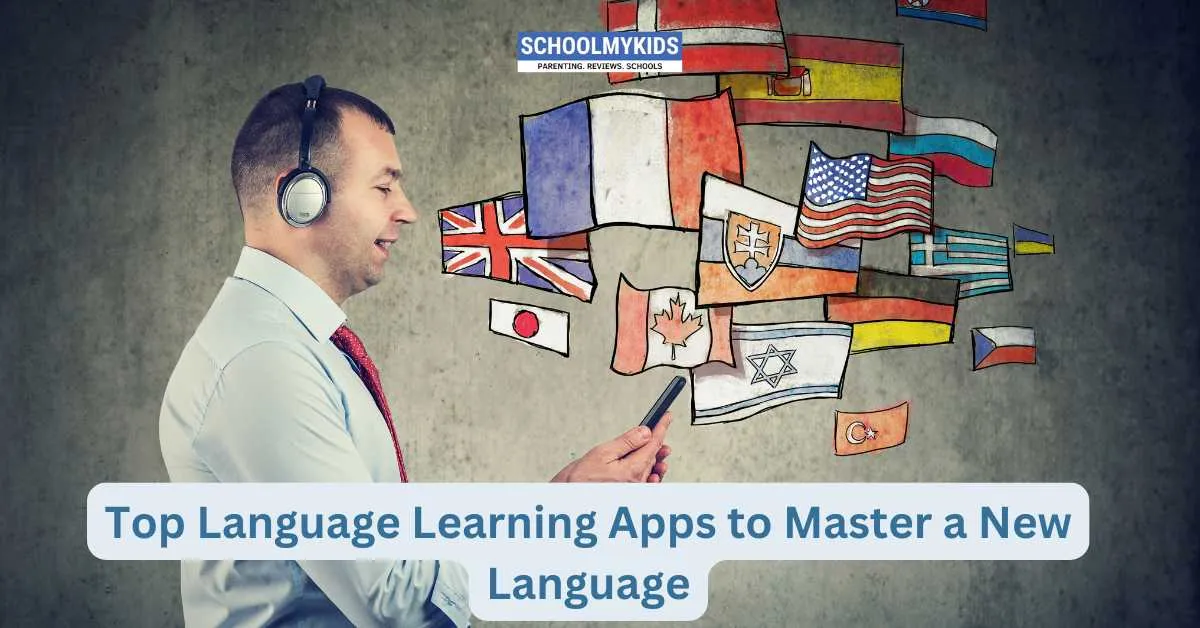Learning a new language is now more accessible than ever, thanks to a variety of innovative apps that provide structured lessons, interactive exercises, and immersive experiences. Whether you are a beginner or looking to refine your fluency, these language learning apps offer effective tools to help you achieve your goals.
1. Duolingo – Best for Beginners and Casual Learners
Key Features:
- Gamified lessons with interactive exercises.
- Offers over 40 languages, including Spanish, French, German, and Japanese.
- AI-powered personalized learning paths.
Duolingo is an excellent choice for beginners who want a fun and engaging way to start learning a new language. The app uses streaks, rewards, and interactive challenges to keep learners motivated.
Availability: iOS, Android, and Web
2. Babbel – Best for Structured Learning
Key Features:
- Focuses on real-world conversational practice in 14 languages.
- Short, 10-15 minute lessons designed by linguistic experts.
- Speech recognition technology for pronunciation improvement.
Babbel provides a structured approach to learning, making it ideal for those who want to develop conversational skills through practical vocabulary and dialogues.
Availability: iOS, Android, and Web
3. Rosetta Stone – Best for Immersive Learning
Key Features:
- Immersion-based learning method without translation.
- Encourages direct thinking in the target language.
- Offers live tutoring sessions.
Rosetta Stone is designed for serious learners who want to develop fluency by thinking and speaking naturally in their target language. The app replaces traditional translation-based learning with visual and contextual understanding.
Availability: iOS, Android, and Web
4. Memrise – Best for Vocabulary Building
Key Features:
- Uses spaced repetition for better memorization.
- Teaches phrases through real-life video clips featuring native speakers.
- Supports over 20 languages.
Memrise is an excellent choice for learners who struggle with vocabulary retention. The app’s scientifically backed techniques help users memorize new words and phrases effectively.
Availability: iOS, Android, and Web
5. Pimsleur – Best for Audio-Based Learning
Key Features:
- 30-minute audio lessons designed for conversational fluency.
- Emphasizes learning through listening and speaking.
- Works offline, making it ideal for learning on the go.
Pimsleur is perfect for learners who prefer audio-based methods and want to practice speaking naturally without relying on text-based lessons.
Availability: iOS, Android, and Web
6. Busuu – Best for Certification and Community Learning
Key Features:
- Offers certified language courses aligned with CEFR levels.
- Provides AI-powered feedback on exercises.
- Includes language exchange opportunities with native speakers.
Busuu is ideal for learners looking for structured courses with official certification and opportunities to practice with real people.
Availability: iOS, Android, and Web
7. LingoDeer – Best for Learning Asian Languages
Key Features:
- Best suited for learners of Japanese, Korean, and Chinese.
- Focuses on grammar with step-by-step explanations.
- Offers interactive stories and quizzes.
LingoDeer is a great choice for those who want a structured and grammar-intensive approach to learning Asian languages.
Availability: iOS and Android
Conclusion
The best language learning app for you depends on your learning style and goals:
- For casual learners: Duolingo, Memrise
- For structured courses: Babbel, Busuu
- For immersive learning: Rosetta Stone, LingoDeer
- For audio-based learning: Pimsleur
By choosing the right app, you can build language skills efficiently and stay motivated throughout your learning journey.









Be the first one to comment on this story.